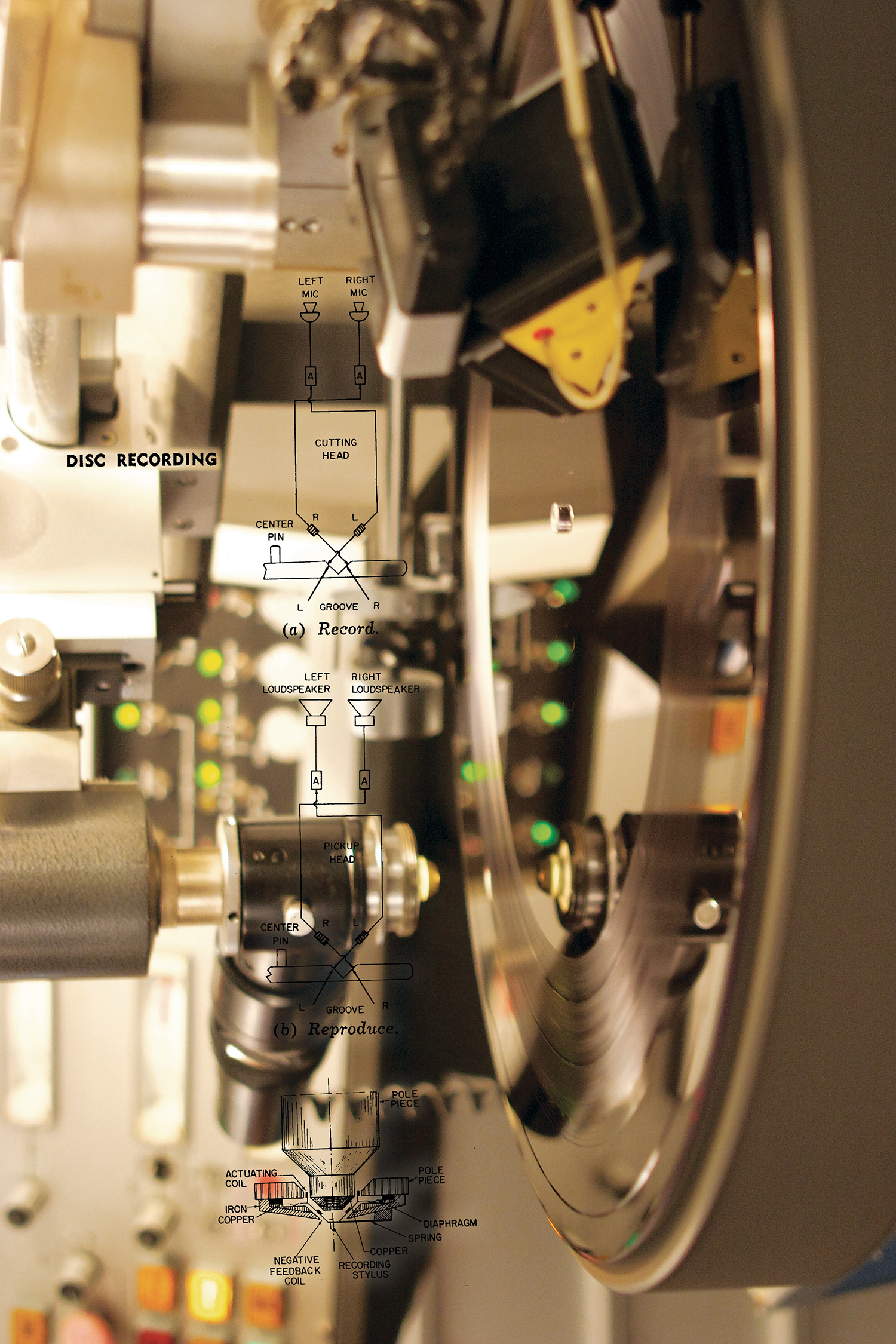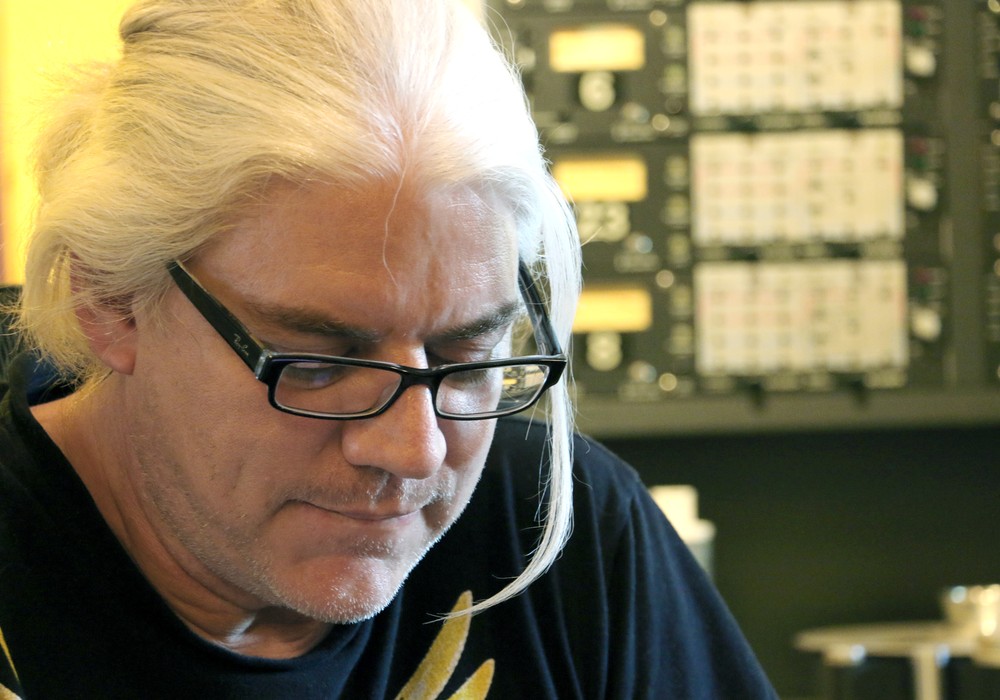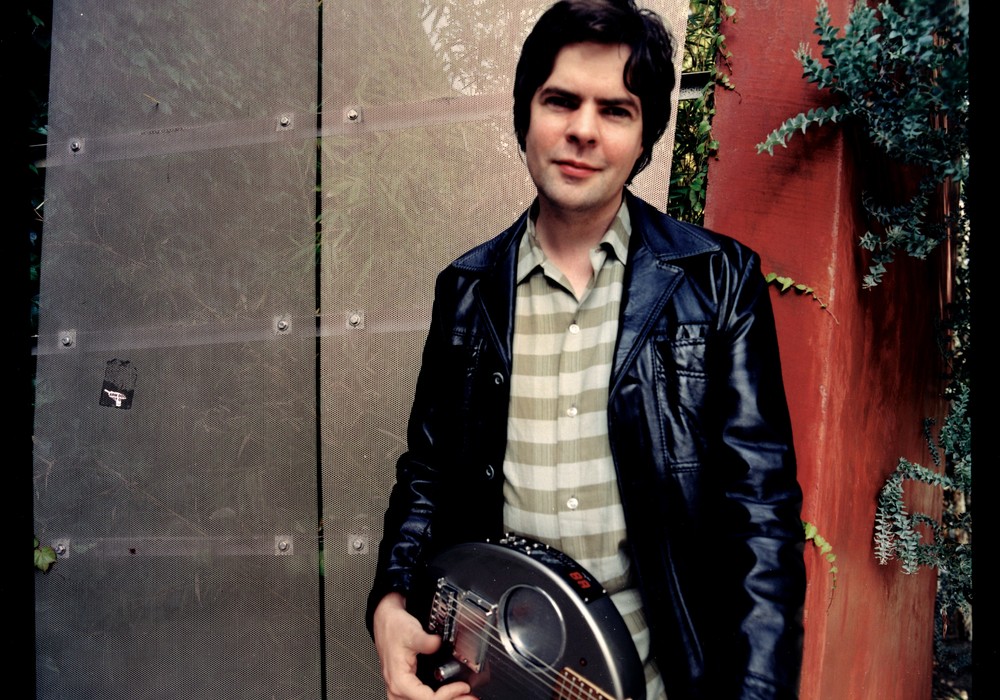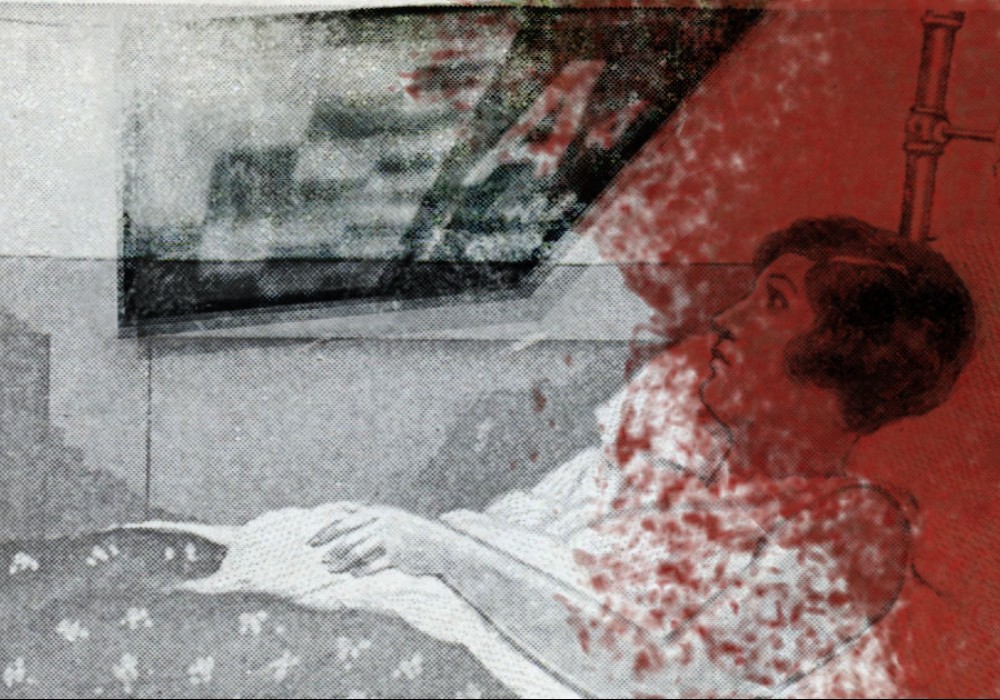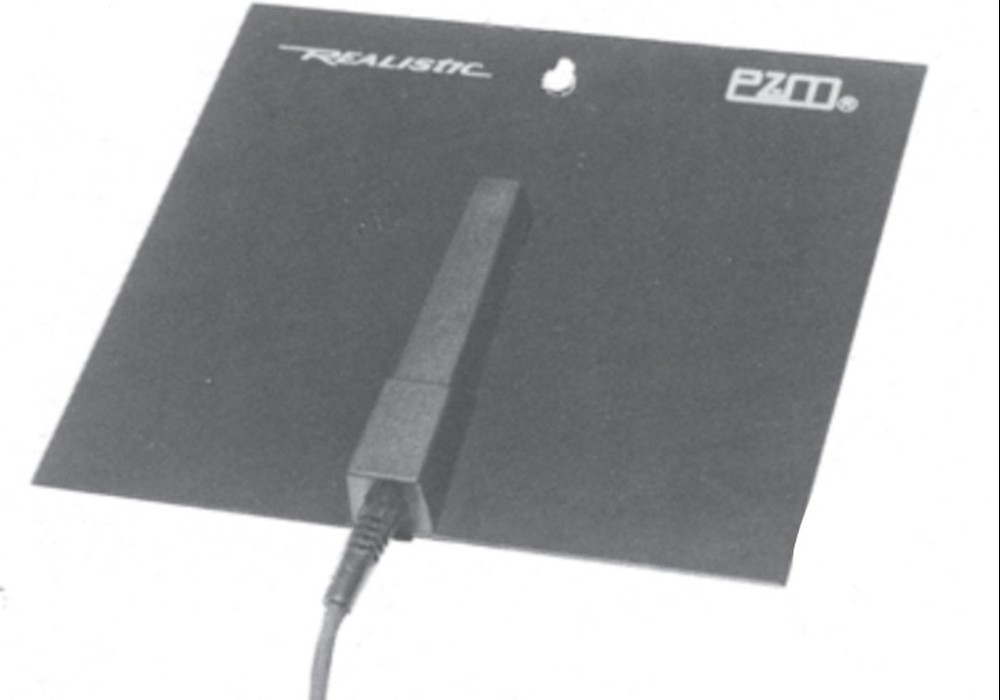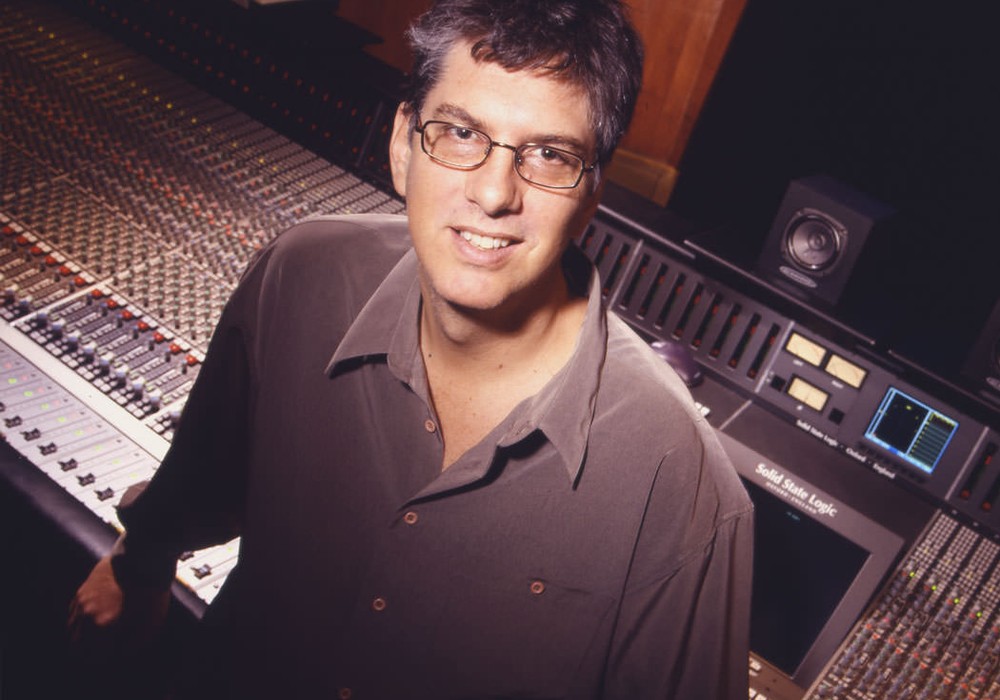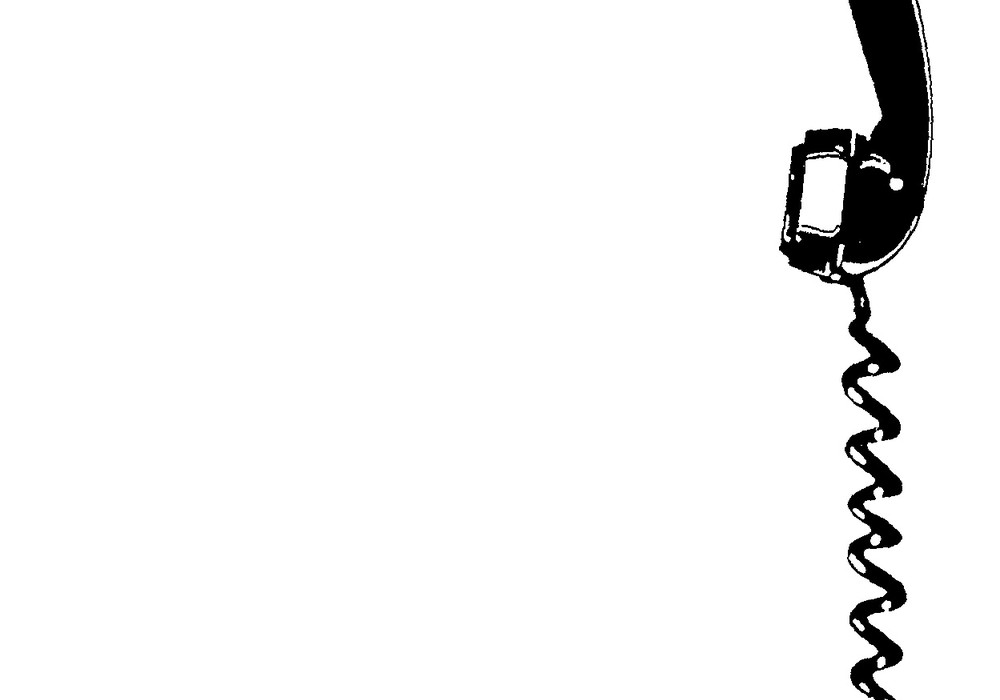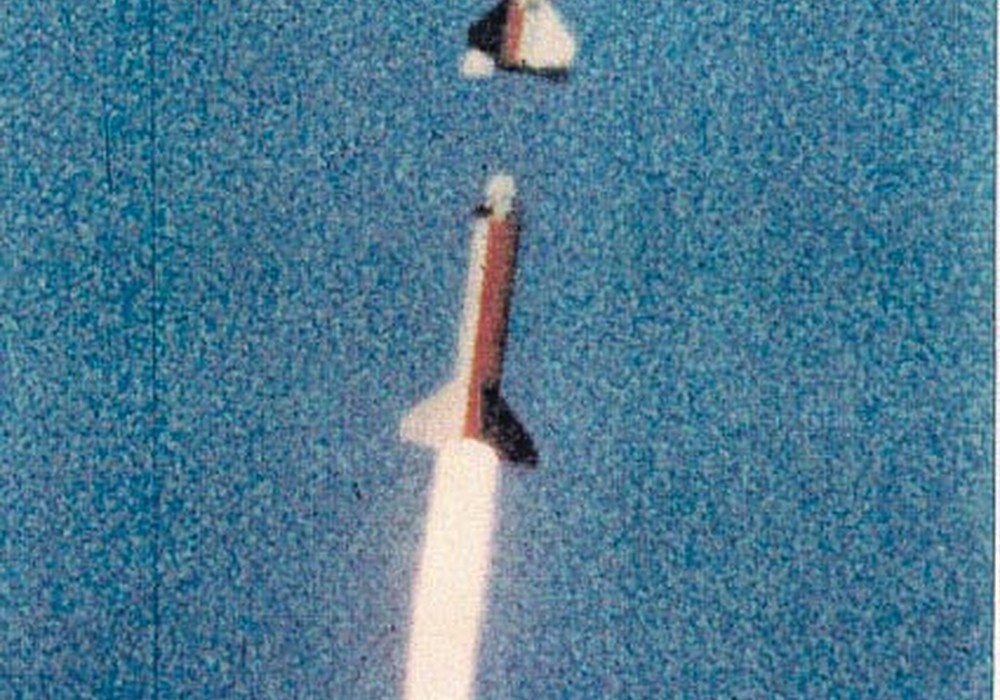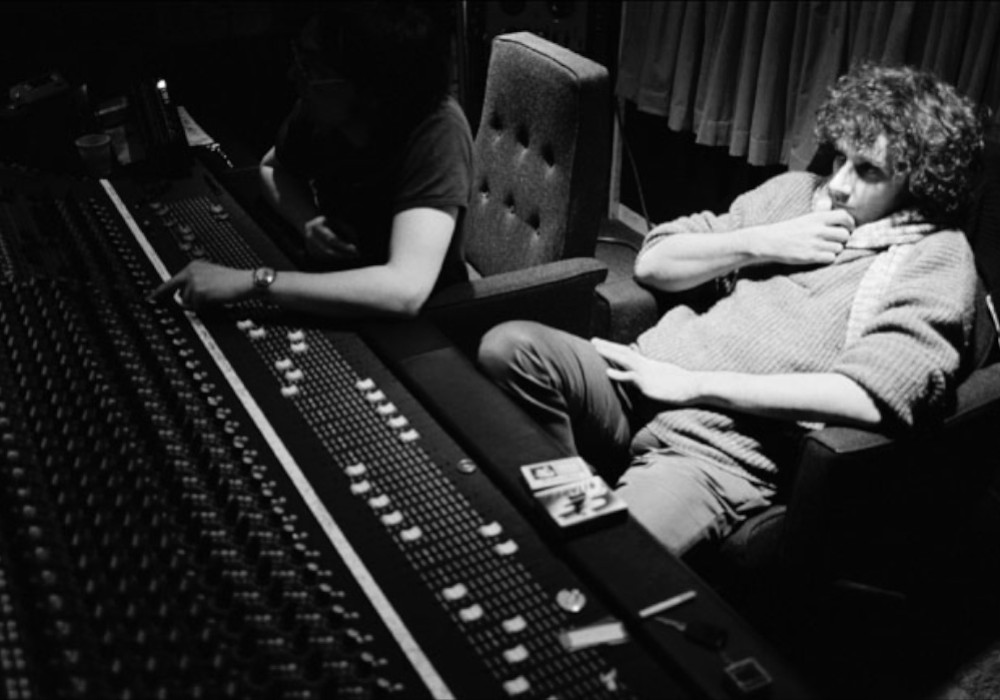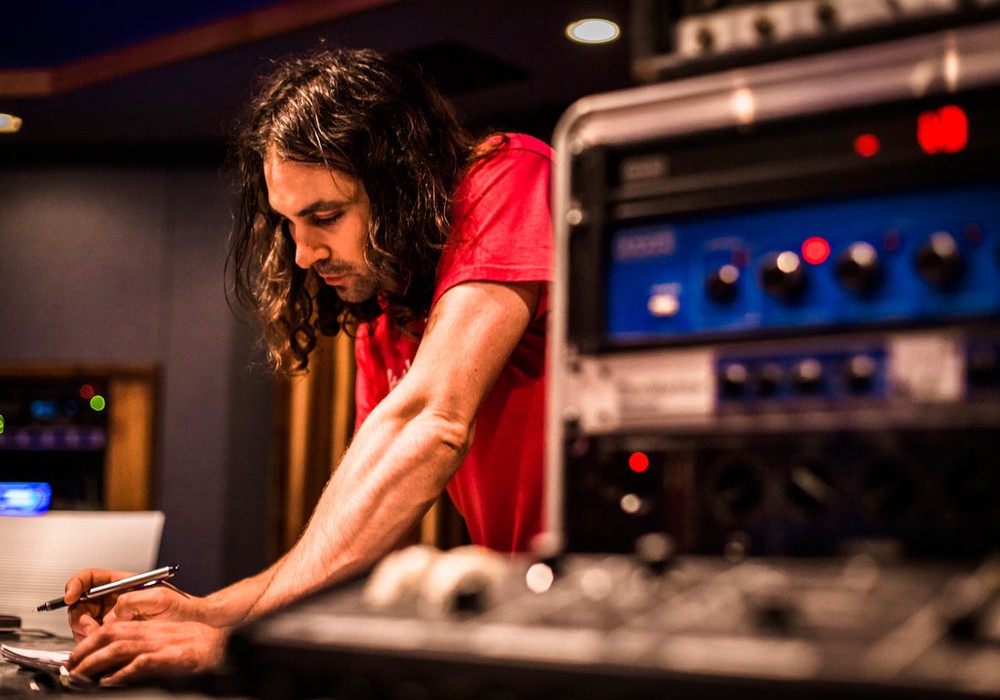In 2012, I ran across a series of in-studio videos of Bloomington, Indiana's Lily & Madeleine on YouTube. I found myself utterly absorbed — not only by the performances of the two sisters, who were high school age at the time, but also by the style of the recordings. In the videos, a single RCA Type 77-DX ribbon mic is prominently placed in front of the two sisters, and there's an abundance of lush, but obviously artificial, reverb. Intrigued, I went searching for more information and soon discovered the man behind these videos — Paul Mahern, whom I quickly recognized as the singer of the legendary '80s punk rock band, Zero Boys. Digging deeper, I realized I had many records in my collection that were engineered or produced by Paul, including albums from Articles of Faith, Small Ball Paul, Sloppy Seconds, Toxic Reasons, Blake Babies, and Magnolia Electric Company. I also learned that Paul engineered The Fray's debut album, How to Save a Life, which held the title of Best Selling Digital Album in 2007. In addition, Paul has been engineering, mixing, and producing albums for John Mellencamp for two decades, including his T-Bone Burnett produced album, No Better Than This, which was recorded entirely with a single mic and a mono tape recorder. Lily & Madeleine's Keep It Together, produced by Paul, was released in February of this year.
What was the music scene like in Indianapolis when you were a teenager?
It was mostly cover bands until the punk movement came along. By the time I was 16 or so, the punk movement formed, or was starting to form, in Indianapolis. In Bloomington, which is an hour south, there was a band called The Gizmos. From Lafayette, which is the college town just a little north, there was a band called Dow Jones and the Industrials. Both of those bands made great records. My band, Zero Boys, started playing right around the time I was 17 years old. That was the beginning of the punk scene in Indiana.
When I was growing up in DC, the punk scene was very much tied to the new wave scene. In the early '80s, new wave and punk were almost synonymous. At The 9:30 Club, it would be the same crowd of people. One day we'd all dress punk rock, and the next day we'd go to see a new wave band, and we'd all dress new wave. We'd see Simple Minds one day and Black Flag the next. It was still the same crowd of people, just different makeup.
That's exactly right. There's actually a record that came out recently that is kind of a history of that early punk/new wave scene. It all revolves around this club called Crazy Al's that was in Indianapolis. One of the discs is art and punk, and the other is pop and new wave. All of these bands played that one club. Some of the bands were Cars-ish new wave, and some of the bands were more Sex Pistols/Ramones. There wasn't a real division of those scenes, because there were only three hundred or so potential people who would go to those shows.
When you joined Zero Boys, what was informing you about music? How did you even discover punk rock?
I lived in Chicago through junior high. I was really aware of rock music, but I was into bands like Black Sabbath, KISS, Aerosmith — whatever I thought was the hardest, scariest music I could get my hands on. It was all kinds of commercially produced. I think I had heard of Blondie, maybe before I moved to Indianapolis. I remember I discovered the Ramones through Creem magazine, and then I discovered the Sex Pistols, again through Creem. I didn't really differentiate in my mind that there was a significant difference between the Ramones and Aerosmith. They were both rock to me. When the Sex Pistols appeared on the cover of Creem, my whole world shattered.
What year was that?
That would have been '77 or '78.
What about radio stations?
Radio stations were just straight rock. Midwestern rock radio stations. They didn't play anything. I think the first new wave record I ever heard on the radio was "Watching the Detectives" by Elvis Costello. That was it, that one song that just got on one radio station's playlist. Yeah, there was no real exposure. There were no college radio stations there, so they were still playing REO Speedwagon, Foreigner, Styx, and stuff like that.
I remember in high school at that time, in the early '80s, discovering 'zines — people Xeroxing and distributing their thoughts to hundreds of people.
For me, there were no 'zines. The only record store in Indianapolis you could buy a punk record at was two bus-rides away. I had to get a transfer and ride the bus all day long to get to the one record store that had a section of punk rock that was maybe 20 records deep at any time. It took quite a bit of effort. In my high school, I had spiky hair, wore a leather jacket, and all the other kids in school called me "Fonzie," because they had no concept of punk rock. I was the only person who had heard the Ramones or Sex Pistols. It gave me a great sense of pride. At that point, I thought I was so much fucking cooler than the other people at this school because they thought I was trying to be Fonzie, even though I was actually trying to be...
